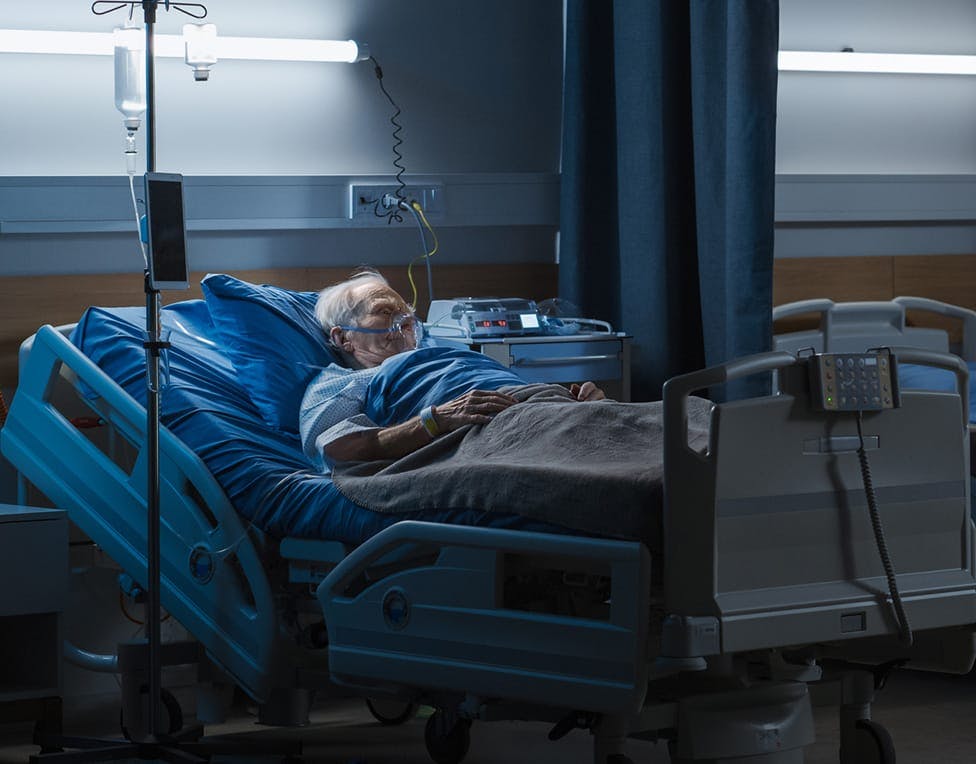According to a recent study published in The New England Journal of Medicine entitled, “The Safety of Inpatient Health Care,” nearly 1 in 4 patients experience an adverse event in the hospital, and approximately one-fourth of those adverse events were preventable. These findings underscore the importance of improving patient safety by holding hospitals accountable for their wrongdoing.
Corporate Negligence of Texas Hospitals
Under Texas law, doctors are usually independent contractors and are not allowed to be employed by hospitals. This general rule falls under the corporate practice of medicine doctrine. In simple terms, hospitals are generally only accountable for their own corporate acts and the negligent actions of those health care providers that are employed by them.
These are a few common examples of hospital malpractice:
- Making poor hiring decisions without adequate background checks
- Failure to ensure safe and competent health care employees
- Substandard policies and procedures for patient care and maintaining a safe facility
- Inadequate supervision of health care employees
- Outdated training practices or lack of training of employees on safety procedures
In most cases, hospitals grant “staff privileges” to physicians to admit their patients to the hospital to perform surgical procedures and provide other medical services. Before granting staff privileges, however, hospitals are supposed to verify the credentials of physicians, in a review process called “credentialing,” to ensure that the physician has the requisite education, training, credentials, and skills to serve as a reputable member of the medical staff. In some states, hospitals are liable if they are negligent when credentialing a physician.
Unfortunately, in Texas, hospitals are not liable for granting staff privileges to a physician in the credentialing process unless they act with malice. Hence, in Texas, a hospital is not liable for “negligent credentialing,” but only liable for “malicious credentialing.” Proving that a hospital has maliciously credentialed a physician is very difficult because key documents relied upon by the hospital’s Credentialing Committee or Peer Review Committee in making the decision to grant staff privileges to a physician are privileged from being subject to subpoena or discovery.



